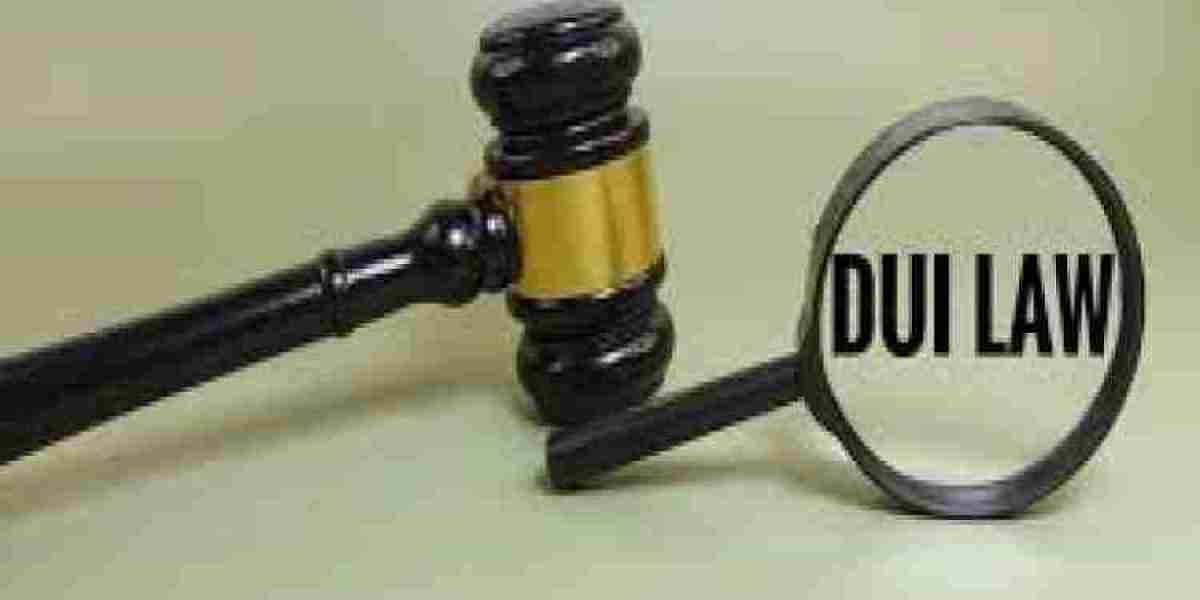Introduction
Driving under the influence is one of the most common yet serious offenses in California. While many drivers believe a couple of drinks won’t get them in trouble, the law says otherwise. The California DUI law sets strict limits on blood alcohol concentration (BAC) and imposes severe penalties for offenders, including fines, license suspension, and possible jail time.
In this guide, we’ll break down the legal BAC limits, what counts as a DUI, the penalties for first-time and repeat offenders, and how the court process works. You’ll also learn about aggravating factors that can increase fines and how to defend yourself if charged.
1. What Is Considered DUI in California?
A DUI in California means driving while impaired by alcohol, drugs, or both. Impairment is legally defined by your BAC and your ability to operate a vehicle safely.
Legal BAC Limits:
0.08% or higher for regular drivers (21+ years old).
0.04% or higher for commercial drivers.
Any measurable BAC for drivers under 21.
It’s important to note that you can still be charged with a DUI even if your BAC is below the legal limit if the officer believes alcohol or drugs impaired your driving.
2. DUI Arrest Process in California
Being charged with a DUI generally follows a predictable process:
Step 1: The Traffic Stop
Police may pull you over for traffic violations, erratic driving, or other suspicious behavior.
Step 2: Field Sobriety Tests
You may be asked to perform balance or coordination exercises to assess impairment.
Step 3: Chemical Testing
Under California’s implied consent law, drivers must take a breath, blood, or urine test when lawfully arrested for DUI. Refusal can lead to harsher penalties and automatic license suspension.
Step 4: Arrest and Booking
If the officer determines you’re impaired, you’ll be taken into custody and formally booked.
3. Criminal vs. DMV Penalties
When charged with a DUI, you face two separate legal battles:
Criminal Court Case – Determines guilt and imposes fines, jail time, and other penalties.
DMV Hearing – Decides whether your driver’s license will be suspended.
You have 10 days from your arrest to request a DMV hearing, or your license will be automatically suspended after 30 days.
4. DUI Fines and Penalties in California
The exact penalties depend on your BAC level, prior DUI history, and whether anyone was injured.
First Offense:
Fines: $390–$1,000 plus court fees.
License suspension: Up to 6 months.
DUI program: 3–9 months.
Jail time: Up to 6 months (often replaced with probation).
Second Offense (within 10 years):
Fines: $390–$1,000 plus court fees.
License suspension: 2 years.
DUI program: 18–30 months.
Jail time: 96 hours to 1 year.
Third Offense:
Fines: $390–$1,000 plus court fees.
License revocation: 3 years.
DUI program: 30 months.
Jail time: 120 days to 1 year.
5. Aggravating Factors That Increase Fines
Certain conditions can result in harsher penalties:
BAC of 0.15% or higher.
Driving with a minor passenger.
Causing injury or death.
Refusing to take a chemical test.
Driving at excessive speeds while intoxicated.
6. Repeat Offenses and Habitual Offender Laws
Repeat DUI convictions within 10 years lead to progressively severe consequences. Fourth-time offenders can face felony charges, lengthy license revocations, and extended prison sentences.
7. DUI Court Process in California
Arraignment
The court reads the charges, and you enter a plea.
Pre-Trial Motions
Your lawyer may challenge evidence, such as the accuracy of breath tests or legality of the stop.
Plea Bargains
Many DUI cases end in negotiated settlements, often reducing the charges.
Trial
If no agreement is reached, the case proceeds to trial before a judge or jury.
Sentencing
If convicted, the court will impose penalties based on the facts of your case.
8. DUI and License Suspension
The DMV may suspend your license independently of the court case. The length of suspension depends on your offense:
First offense: 6 months.
Second offense: 2 years.
Third offense: 3 years.
You may be eligible for a restricted license that allows you to drive to work or DUI classes, but this usually requires installing an ignition interlock device (IID).
9. Defending Against DUI Charges
Common defenses to DUI charges include:
Invalid Traffic Stop – If there was no probable cause to pull you over.
Faulty Breathalyzer – Calibration errors or improper usage.
Medical Conditions – Illnesses like GERD can affect BAC readings.
Improper Blood Sample Handling – Chain of custody errors.
An experienced DUI attorney can identify weaknesses in the prosecution’s case and potentially reduce or dismiss the charges.
10. Long-Term Consequences of a DUI
Beyond fines and jail time, a DUI conviction can impact your life for years:
Criminal record affecting employment.
Higher auto insurance premiums.
Possible travel restrictions.
Damage to your professional reputation.
11. Avoiding a DUI
The best defense against a DUI is prevention:
Use rideshare services after drinking.
Have a designated driver.
Stay overnight if you’ve consumed alcohol.
Be aware that certain medications can impair driving.
Conclusion
The California DUI law is designed to keep roads safe and hold drivers accountable for impaired driving. While penalties can be severe, understanding the legal limits, fines, and possible defenses can help you navigate the process if you’re charged. If you find yourself facing a DUI accusation, acting quickly to secure experienced legal representation is the most important step you can take. And remember—the safest way to avoid a DUI is to never drink and drive.





